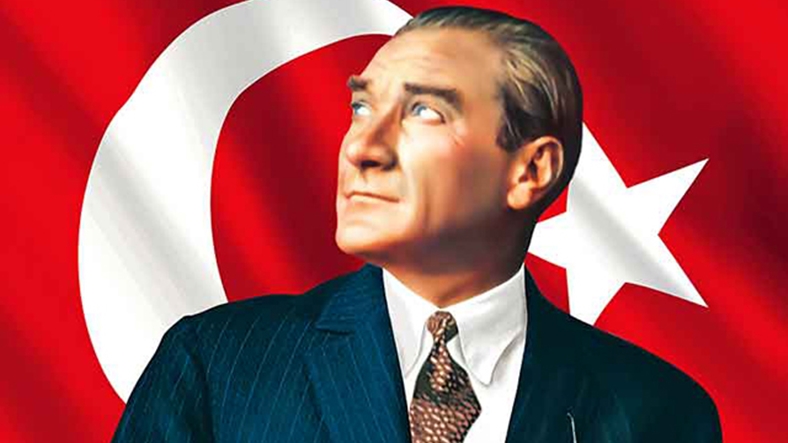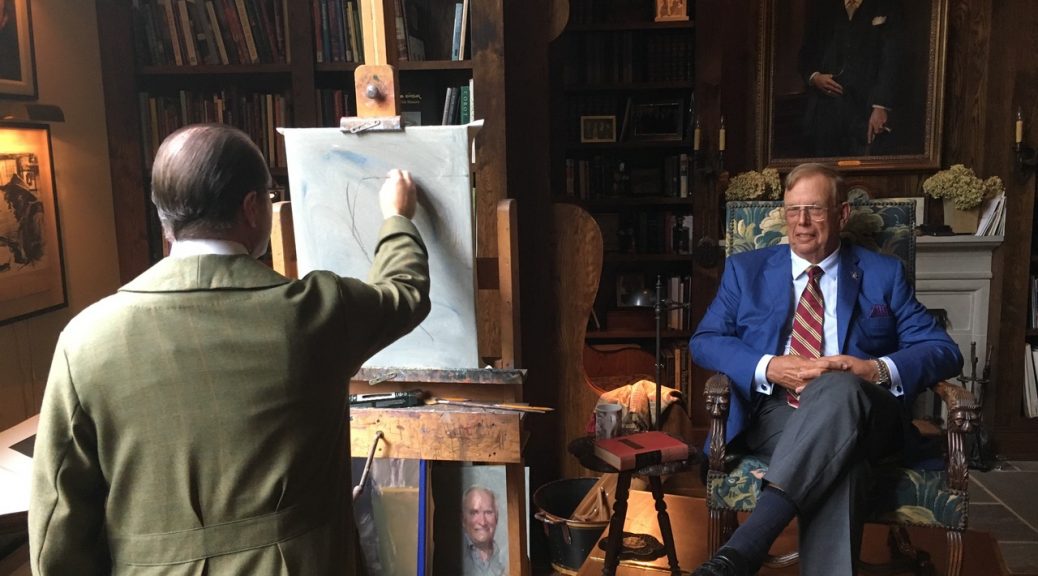


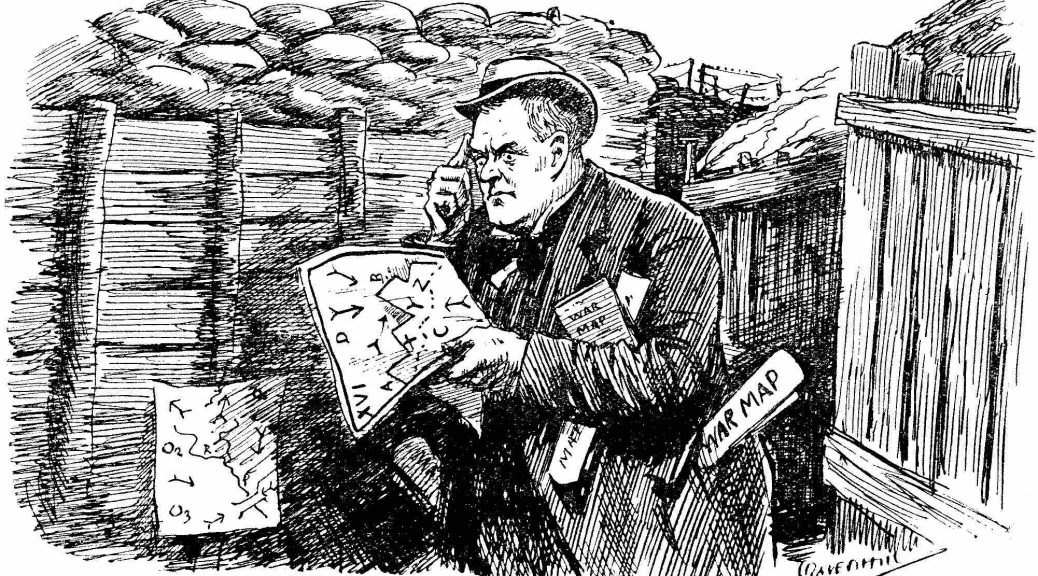
“To Belloc this generation owes big glimpses of the Homeric spirit. His mission was to flay alive the humbugs and hypocrites and the pedants and to chant robust folk-songs to a rousing obligato of clinking flagons….” He later concluded that Liberal reforms merely offered the “propertyless worker perpetual security…in exchange for the surrender of political freedom.”
Excerpted and condensed from “Great Contemporaries: Hilaire Belloc,” for the Hillsdale College Churchill Project. For the full article click here.
_______________
Joseph Hilaire Pierre Belloc(1870-1953)—writer, sailor, poet, friend of Churchill—helped fuel Churchill’s passion for the survival of free government.…
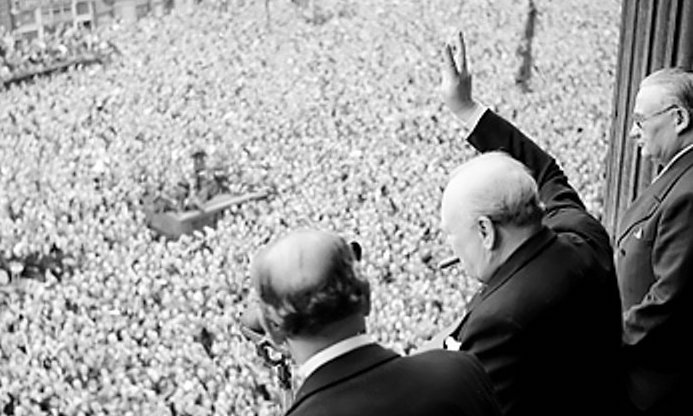
Col. Gault (Military Assistant to General Eisenhower, 29 April 1945): “John Peck, is that you? The General told me to ask you if the war is over.”
Peck: “I beg your pardon?”
Gault: “Seriously, we’ve got a press message here which says quite clearly that it’s all over. If so, nobody has told the General and he thought you would be the most likely to know at your end.”
Peck: “Well, if it has ended, nobody has told the Prime Minister either.”
Gault: “Do you think we had better carry on?”
Peck: “Yes, I think so.”…
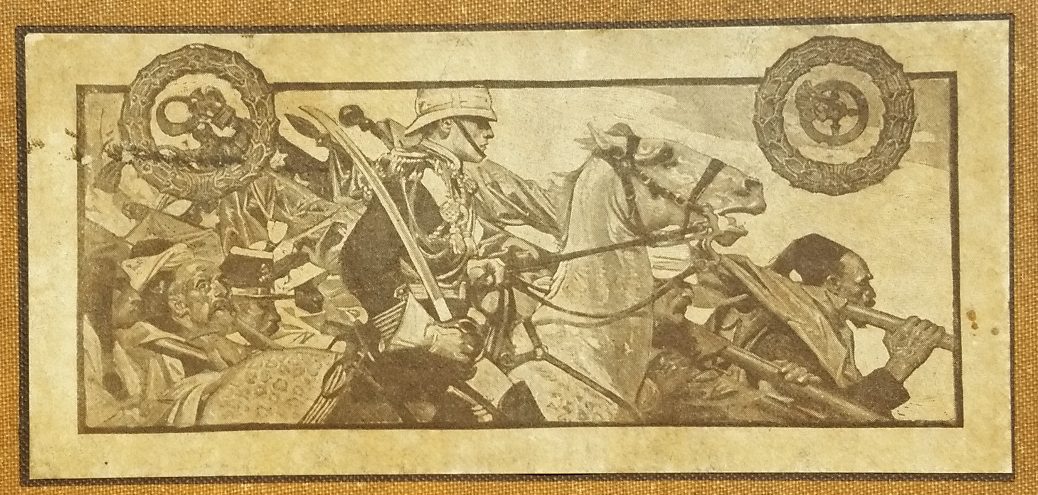
With colleagues I discussed which of young Winston’s early war books was derisively called, “A Subaltern’s Advice to Generals.” This was a popular wisecrack after his early works had the temerity to propose British military strategy in India, Sudan and South Africa. Churchill was in his mid-twenties at the time—but not reticent to speak his mind. Nothing we didn’t know here….
Malakand Field Force?Without consulting references, I thought the “advice” line involved The Story of the Malakand Field Force (Churchill’s first book, 1898). I was influenced by its last chapter, “The Riddle of the Frontier.” Plenty of advice there, though it is as much political as it is military.…
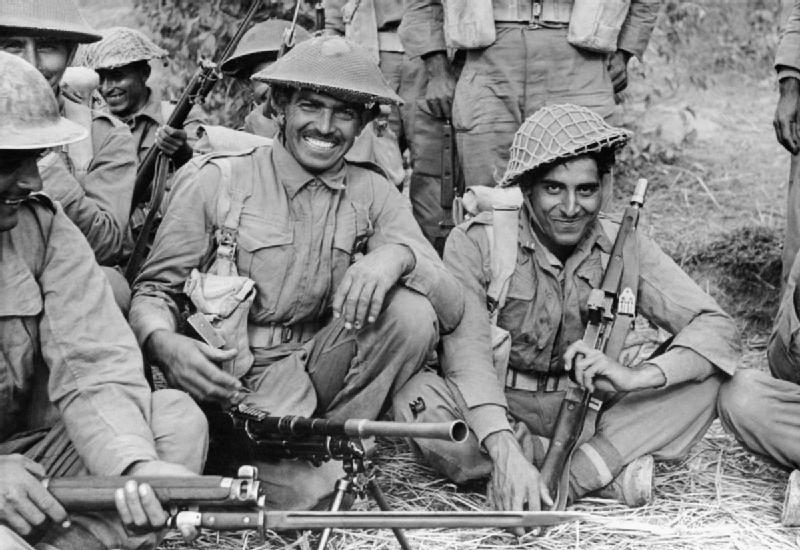
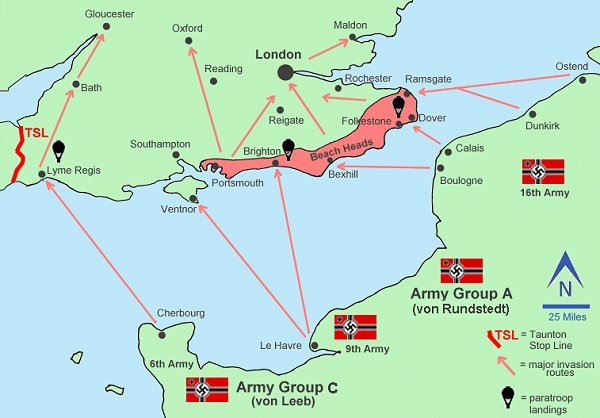
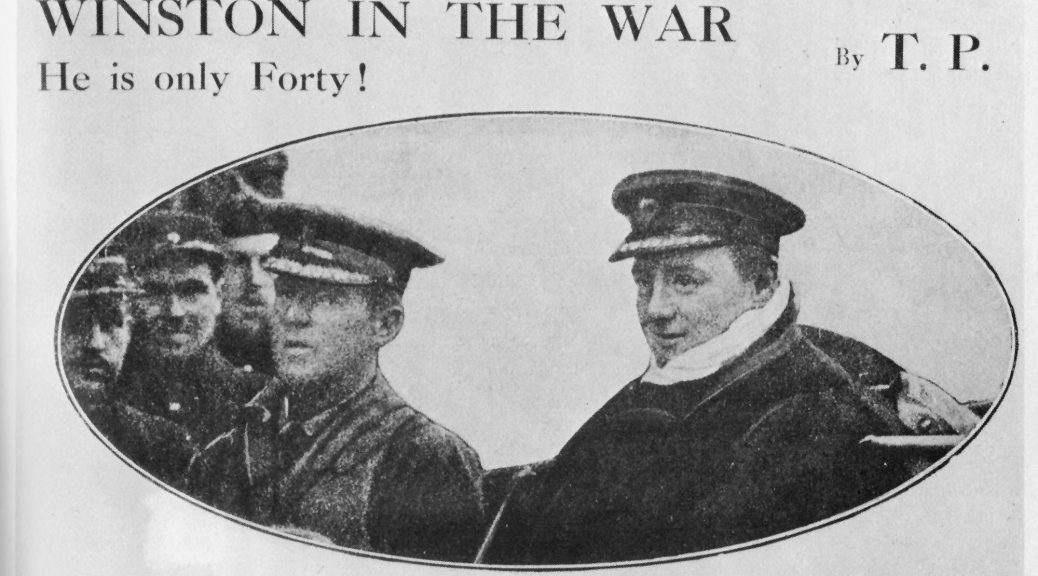
Churchill’s role in the defense of Antwerp, in October 1914, has been called one of his “characteristically piratical” adventures. An eminent historian described it as “a shocking folly by a minister who abused his powers and betrayed his responsibilities. It is astonishing that [his] cabinet colleagues so readily forgave him for a lapse of judgment that would have destroyed most men’s careers.”1
As the Germans closed in around Antwerp, Max Hastings writes, Churchill “assembled a hotchpotch of Royal Marines and surplus naval personnel… his own private army.” Then he “abandoned his post at the Admiralty.”…
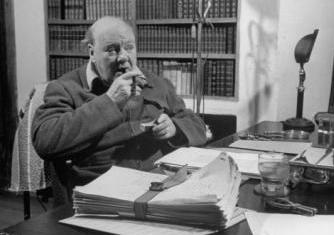
On the matter of Churchill’s taxes, a friend quotes a very good historian we both respect: “His relationship with the taxman was scandalous. As Chancellor of the Exchequer, Churchill exploited tax loopholes and he retired as an author on more than one occasion to avoid paying tax.”
My friend writes: “Surely what Churchill did was just on the borderline of tax-optimization? It would only be scandalous if it was tax evasion. But it was in fact legal.”
I am not an expert on Churchill’s taxes. I accept that he took whatever measures that were open and legal to minimize the bite.…
